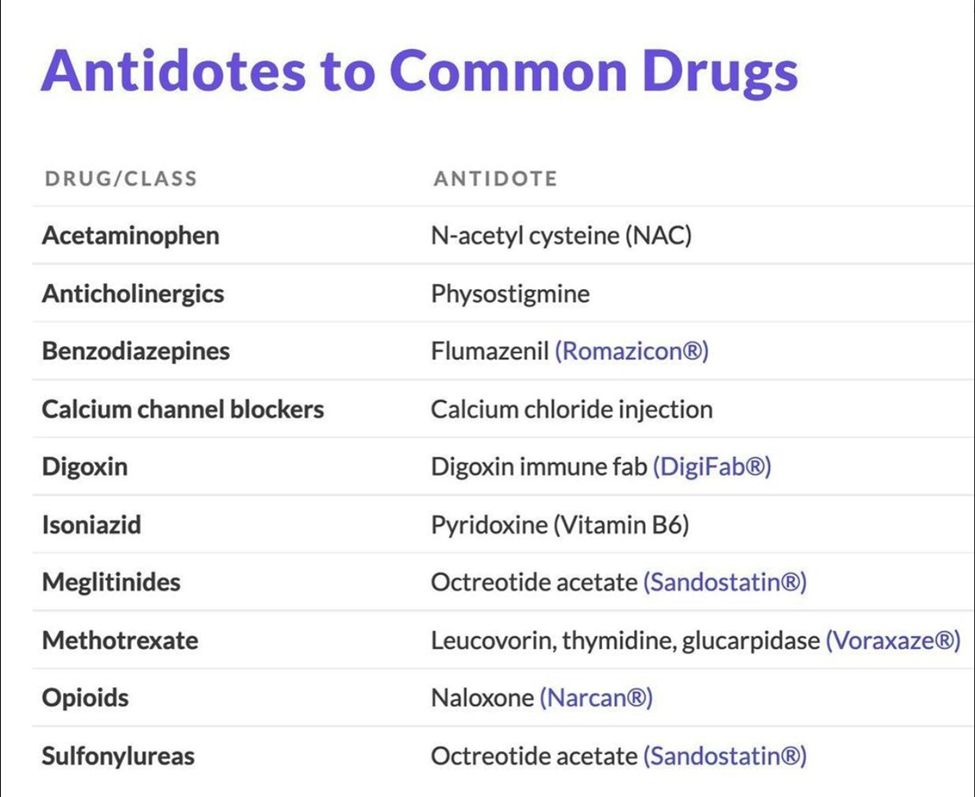A 70-year-old female patient has just been diagnosed with Alzheimer's disease. Which of the following drug is used for the treatment of Alzheimer's disease?
bethanechol (Urecholine)
albuterol (Proventil)
rivastigmine
edrophonium (Enlon)
The Correct Answer is C
A. Bethanechol (Urecholine)
Bethanechol is a cholinergic agonist used to treat urinary retention. It is not indicated for Alzheimer's disease.
B. Albuterol (Proventil)
Albuterol is a bronchodilator used to treat respiratory conditions such as asthma and chronic obstructive pulmonary disease (COPD). It is not indicated for Alzheimer's disease.
C. Rivastigmine
Rivastigmine is a medication commonly used for the treatment of Alzheimer's disease. It belongs to a class of drugs called cholinesterase inhibitors, which work by increasing the levels of acetylcholine in the brain. This can help improve cognitive function in individuals with Alzheimer's disease.
D. Edrophonium (Enlon)
Edrophonium is a medication used for the diagnostic evaluation of Myasthenia Gravis. It is not used in the treatment of Alzheimer's disease.
Nursing Test Bank
Naxlex Comprehensive Predictor Exams
Related Questions
Correct Answer is A
Explanation
A. Before breakfast or lunch
Methylphenidate (Ritalin), a stimulant medication commonly used to treat attention deficit hyperactivity disorder (ADHD), is usually administered before breakfast or lunch for maximum effectiveness. This schedule helps align the peak concentration of the medication with the times when increased focus and attention are often needed, such as during school hours.
B. With meals
While it can be administered with meals, the goal is often to have the medication take effect before meals to help with focus and attention during activities like school or work.
C. After dinner
Administering methylphenidate after dinner may interfere with the patient's ability to fall asleep, as the medication can cause insomnia. It is generally recommended to avoid administering it in the late afternoon or evening.
D. At bedtime
Administering methylphenidate at bedtime is not appropriate due to the potential for insomnia. The stimulant effect of the medication is not aligned with the patient's sleep-wake cycle.
Correct Answer is B
Explanation
A. Butorphanol
Butorphanol is a mixed opioid agonist-antagonist. It has both agonist and antagonist properties at opioid receptors. While it can be used for pain management, it is not commonly used for opioid overdose reversal.
B. Naloxone
Naloxone is an opioid receptor antagonist and is the drug of choice for reversing opioid overdose, including morphine overdose. It works by competitively binding to opioid receptors, blocking the effects of opioids.
C. Flumazenil
Flumazenil is a selective antagonist for benzodiazepines. It is used to reverse the effects of benzodiazepine overdose but does not have an effect on opioid overdose.
D. Pentazocine
Pentazocine is a mixed opioid agonist-antagonist. Like butorphanol, it has both agonist and antagonist properties at opioid receptors. It is used for pain management but is not commonly used for opioid overdose reversal.

Whether you are a student looking to ace your exams or a practicing nurse seeking to enhance your expertise , our nursing education contents will empower you with the confidence and competence to make a difference in the lives of patients and become a respected leader in the healthcare field.
Visit Naxlex, invest in your future and unlock endless possibilities with our unparalleled nursing education contents today
Report Wrong Answer on the Current Question
Do you disagree with the answer? If yes, what is your expected answer? Explain.
Kindly be descriptive with the issue you are facing.
